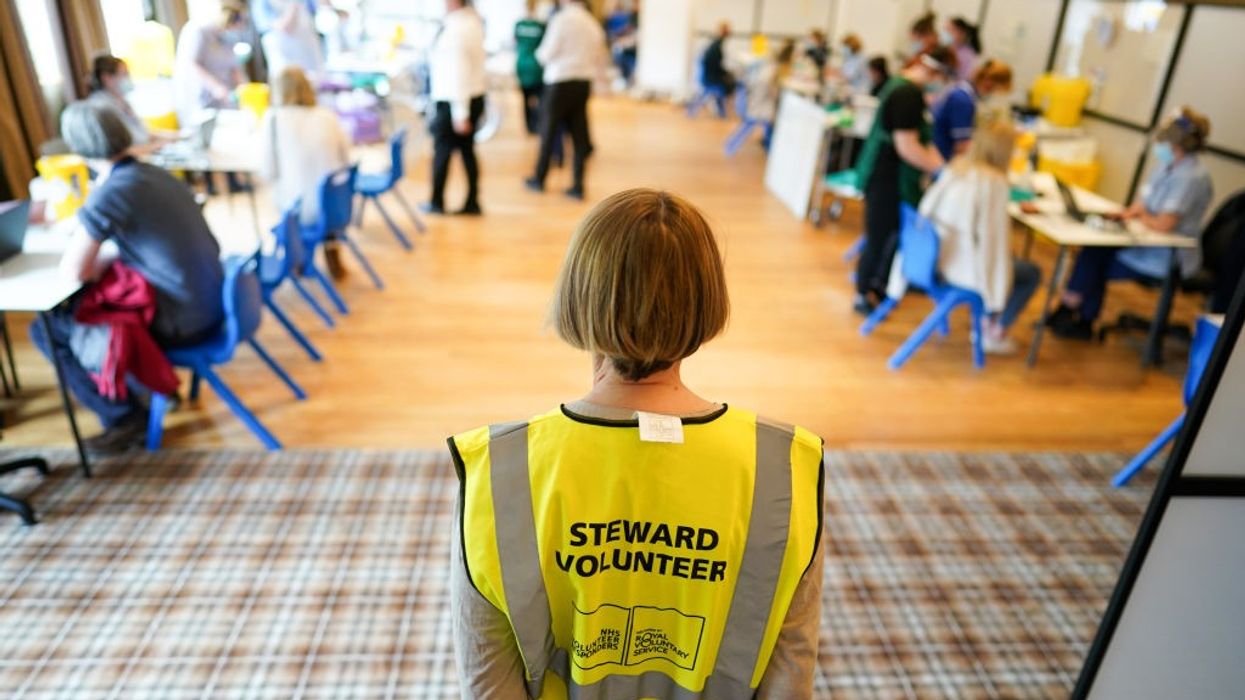PM Rishi Sunak emphasises the importance of investing in community services to secure the NHS’s future
The Conservative Party has pledged to bolster NHS community services, but Sarah Woolnough, Chief Executive of The King’s Fund, expressed caution regarding the announced £1 billion annual funding increase by 2029/2030.
“The funding announced today will only deliver limited changes, and must be just a first step if the government is serious about implementing this much-needed shift to primary and community health services,” Woolnough stated.
Woolnough praised the focus on primary and community care, emphasising its potential to offer quicker, more convenient access for patients and to ease the strain on hospitals by enabling more community-based diagnosis and treatment.
“Bolstering primary and community care services is likely to be welcomed by patients who would like access to care quickly and conveniently, and is also critical to achieving an effective and sustainable health and care system,” she noted.
She added, “This re-focusing can also help diagnose conditions earlier, when treatment is more likely to be successful.”
Despite recent increases in NHS funding to meet the needs of an aging population, Woolnough highlighted the disparity in growth between acute hospital trusts, which have seen a 27 per cent increase since 2016/17, and community trusts, which have only seen a 14 per cent increase.
Woolnough also voiced concerns about funding these initiatives by reducing NHS managerial positions.
“Funding these pledges by making cuts to NHS managers risks sabotaging the goals of the policy.
"Achieving an efficient and productive health service requires experts who can streamline processes, align incentives, and create the environments for clinicians to focus on what they do best – delivering patient care,” she argued.
The Conservatives’ plan includes expanding the Pharmacy First service to treat more conditions, such as menopause, acne, and chest infections, modernising GP surgeries, and constructing 50 new community diagnostic centers (CDCs).
These measures aim to enhance healthcare accessibility and reduce hospital pressures.
Prime Minister Rishi Sunak emphasised the importance of investing in community services to secure the NHS’s future.
“The NHS is one of our most important national assets and the Conservatives are taking the long-term decisions to secure its future,” he stated.
He praised pharmacies for their essential role in communities and announced plans to expand Pharmacy First, which is expected to free up GP appointments and improve care accessibility.
“Pharmacies are the lifeblood of their communities,” Sunak said.
Health Secretary Victoria Atkins echoed Sunak’s sentiments, highlighting the success of Pharmacy First and the new CDCs.
“Pharmacies, GPs, and Community Diagnostic Centres are the backbone of our NHS,” she said.
She stressed the need for ongoing efforts to ensure health services remain accessible locally, aiming to make the NHS faster, simpler, and fairer for all.
Key elements of the expansion plan include offering more treatments through Pharmacy First, building and modernising GP surgeries, and creating additional CDCs to significantly increase diagnostic capacity.












